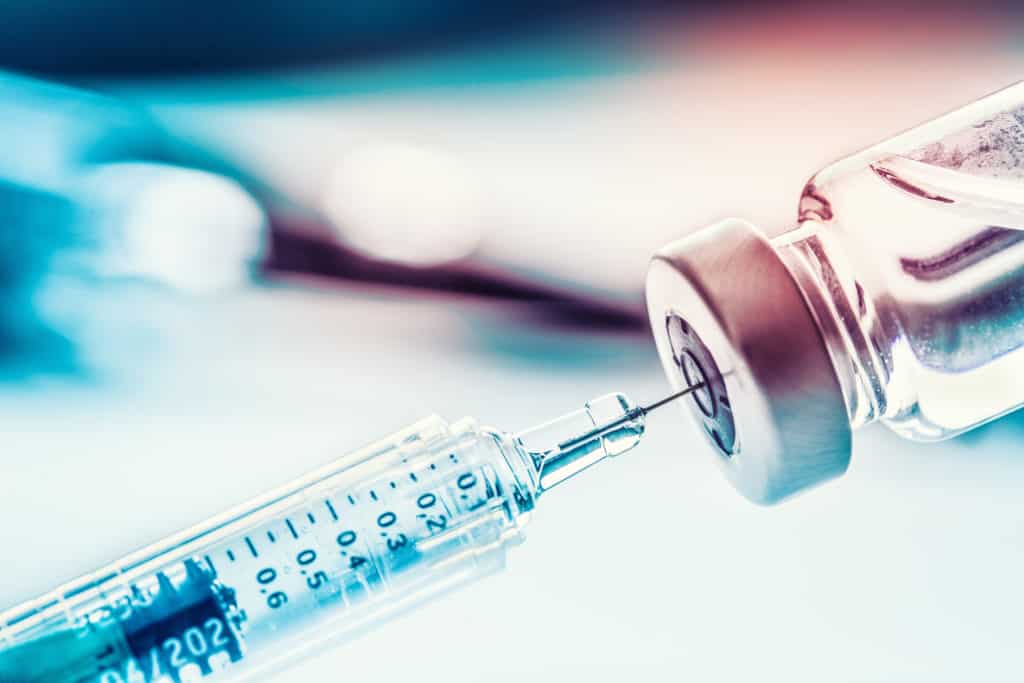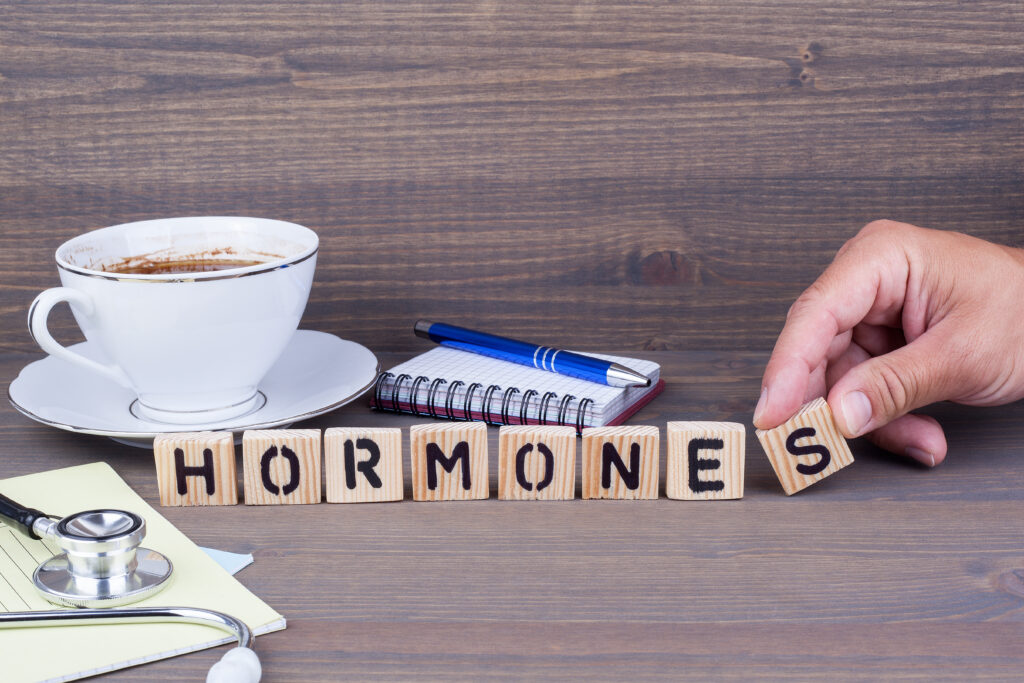Within the UK there are three approved Covid-19 Vaccines; Pfizer, Oxford/AstraZaneca and Moderna; but how safe are they?
The traditional process of developing a vaccine is slow. Speaking at the joint Commons and Lords national security strategy committee in October, Sir Patrick Vallance (British physician, scientist, and clinical pharmacologist) said that before Covid, it took an average of about 10 years to develop a completely new vaccine, with the process never before achieved in less than about five years.
So, this begs the question on how safe can the public feel when having the vaccination?
All 3 vaccinations have been approved for use and have met strict safety standards, quality and effectiveness set out by the Independent Medicines and Healthcare products Regulatory Agency (MHRA).
But how do they differ and is one better that the other?
Regardless of the vaccine you are given, they all provide acceptable levels of protection against the Covid-19 Virus. Here are the facts:
Pfizer
This was the first vaccine to be administered in the UK on 8th December 2020 to Margaret Keenan. With a 95% effective rate it was one of the first Vaccines to be ordered by the UK.
800,000 doses have been delivered to UK hospital hubs (enough for 400,000 people) and the vaccination roll out has begun. This vaccine does need to be stored -70°C so will tend to be administered by Hospitals at this time
Oxford/AstraZaneca
It is made from a weakened version of a common cold virus (known as an adenovirus) from chimpanzees. It has been modified to look more like coronavirus – although it can’t cause illness.
When the vaccine is injected into a patient, it prompts the immune system to start making antibodies and primes it to attack any coronavirus infection. Research has shown it is highly effective. Unlike Pfizer’s this can be stored in a normal fridge. This makes it much easier to distribute.
Moderna.
The last of the three Vaccines to be given regulatory approval by the MHRA ordered by the UK. In a trial of more than 30,000 Americans, the vaccine showed to be nearly 95 per cent effective. This vaccine is expected to arrive in the UK early Spring.
The question on many people’s minds is – When will I get Vaccinated?
Whilst the Government has said the most vulnerable will receive the vaccine first it is the Joint Committee on Vaccination and Immunisation (JCVI) that has publish a recommended priority order. This is as follows:
- Older adults in a care home and care home workers
- All those aged 80 and over and health and social care workers, though they may move up the list
- Anyone 75 and over
- People aged 70 and over
- All those aged 65 and over
- High-risk adults under 65
- Moderate-risk adults under 65
- All those aged 60 and over
- All those 55 and over
- All those aged 50 and over
- The rest of the population, with priority yet to be determined.
Whilst most vaccines will be offered at local Hospital, GP surgeries and medical centres, due to the urgency of circulating the vaccination, many other venues have been targeted to be converted into vaccination sites. Just this week Asda (Birmingham) is announced to being selected by the NHS to offer this service. It is believed to be the first Vaccination centre inside a supermarket in the UK. Around 250 jabs will be administered per day relieving the pressure on other medical sites.
Vaccinations are given in 2 phases via an injection into the arm. It is stated that the first injection will give you good protection against the virus, but it is the second that will give you longer lasting protection. However, this does not mean that life returns to normal as soon as you have the injection(s). You are still advised to follow the recommended guidelines and adhere to social distancing, wear face covering, wash hands regularly and minimise unnecessary contact with others. This is particularly important while everyone becomes vaccinated.
With anything new there is always fear and uncertainty and like many other high-profile stories there are many myths and conspiracy theories that follow. Whilst it is certain the vaccine will not change your DNA or be a way of Big Brother monitoring you, and there is no evidence that it will affect your fertility levels, some common side effects may be felt. These include:
- A sore arm where the needle went in
- Feeling tired
- Headache
- Feeling achy
- Feeling or being sick
These are all normal and should not warrant medical attention however if you have a high temperature or symptoms get work it is always best to seek medical advice via 111.
So will wide scale vaccination mean life returns ‘to normal’. Whilst life will slowly resume to a new Norm, it will never be the same. People’s mindsets have changed, workplace environments have adapted and establishments within the hospitality industry already with covid measures in place (ie) screens / table service may continue to apply these measures as good clean practice. However, arguably one of the most looked forward to aspect of the ‘new norm’ is contact with others. Social distancing has been tough and has made many reflect on what is important on life.
Our message is clear, in the past we may have focused too much on assets, wealth, or the latest in gadgets and technology but this past year our focus has been reset to family and Health. Taking the time to invest in these most precious assets is essential now more than ever, ensuring you are at your best to fight any illness that may come and extending the time you get to share with your loved ones, family and friends.



